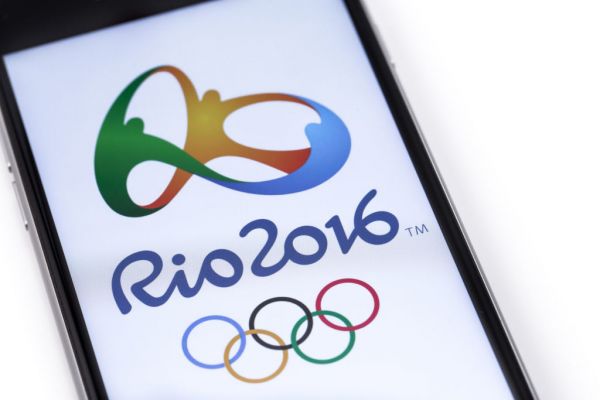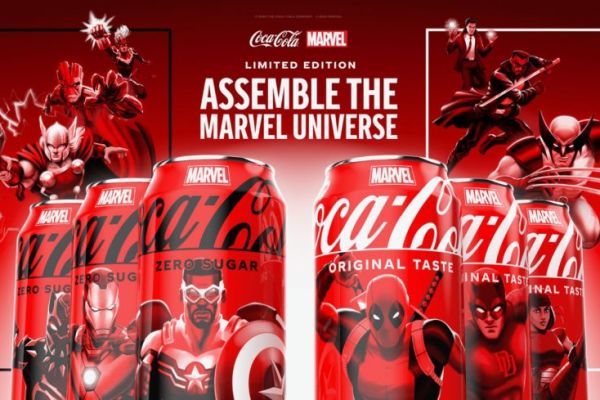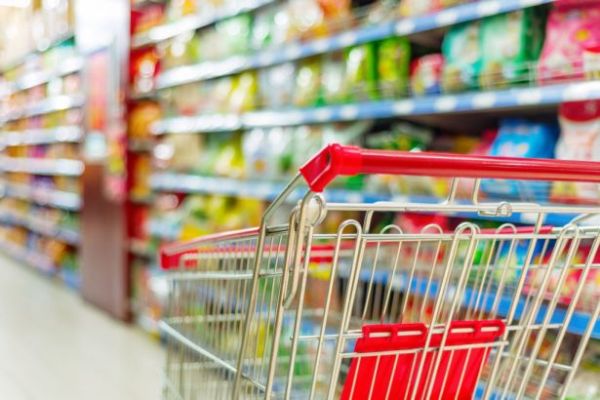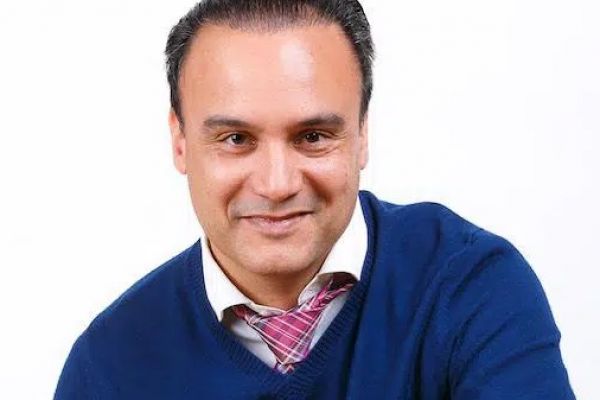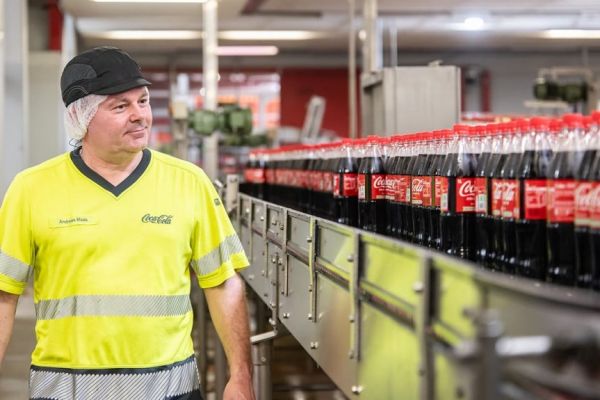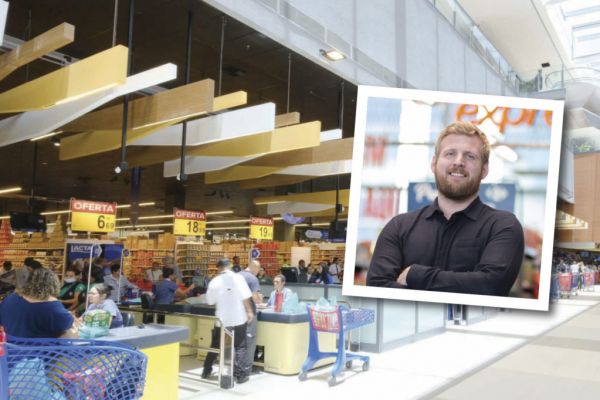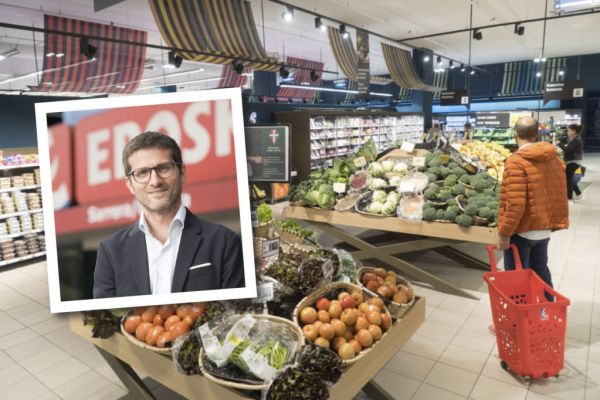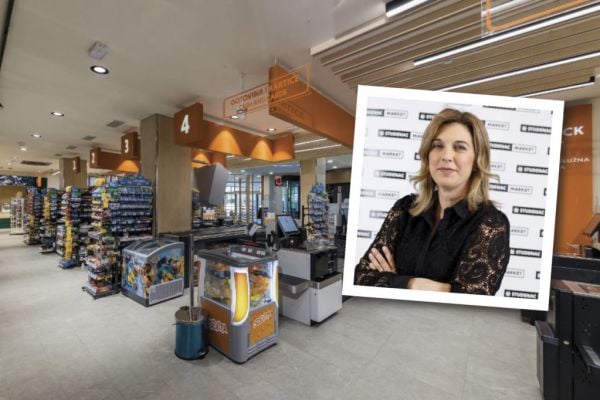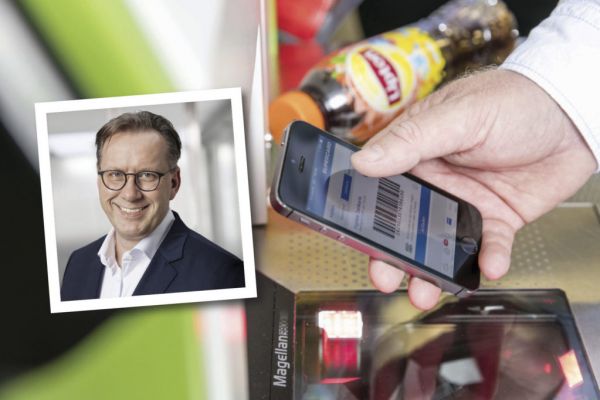Coca-Cola Co., one of the most generous sponsors of global sports, has begun to speak up about how its partners do business.
Earlier this year, the company criticized FIFA for failing to address a culture of global corruption. Ahead of the Summer Games in Rio de Janeiro, a Coca-Cola executive said the company is also watching how the International Olympic Committee handles the current Russian doping scandal.
“We listen to consumers and see that actually there is indignation,” Alfredo Rivera, president of Coke’s Latin American Group, said in an interview in Rio. “Obviously, as a sponsor, we don’t like to see it because I think it damages the sport, it damages the Olympic ideals.”
Until this year, Coca-Cola, like most sponsors, typically stayed silent about anything that could be construed as even mildly controversial or political. The company has been a sponsor of every Olympic Games since 1928 and, when the IOC introduced its top-tier Olympic Partner Programme, Coke was a charter member. It has been a sponsor of FIFA at the highest level since 1974. Today its sponsorships of the Olympics and the World Cup cost the company about $300 million per four-year cycle.
Rivera praised the IOC for its stance in the Russian doping scandal. After an independent report on behalf of the World Anti-Doping agency uncovered a state-sponsored doping program, the IOC tightened the rules for aspiring Russian Olympians, requiring them to have clean records and to submit to international doping tests. Russian track-and-field athletes were barred from the Olympics, but 271 Russians will compete in other sports.
“What I think is being done is right, making sure that everyone understands the rules and follows the rules,” Rivera said. “If we can help the IOC or FIFA, we will.”
Russia’s government has rejected the accusations. “We are sure that politics is behind it,” Russian ambassador to Brazil Sergey Akopov said in an interview in Rio. “The official policy of the Russian government is against doping. There should be no doping in sports.”
For Coca-Cola and other sponsors, the Olympics and the World Cup draw an audience of consumers in 206 countries. That kind of reach is hard to replicate, according to Martin Sorrell, chief executive officer of WPP, the world’s largest advertising agency.
“It’s the Olympics, it’s the World Cup and Formula One,” Sorrell said in an interview. “It’s those three things. Those are the global platforms.”
Sorrell’s agency works with several firms that sponsor both the Olympics and the World Cup, and his clients are more concerned by the corruption crisis at FIFA than they are by issues facing the IOC, which include criticism of the financial burden to cities hosting the games.
“There was and remains considerable concerns on the sponsorship side,” Sorrell said as FIFA’s new president met with Brazil’s soccer leader, who risks arrest on the corruption charges should he leave the country. “There is an agenda for change, a burning platform for change at FIFA, and what sponsors want to see is that agenda implemented. I don’t think that’s the case with the Olympics.”
News by Bloomberg, edited by ESM. To subscribe to ESM: The European Supermarket Magazine, click here.
